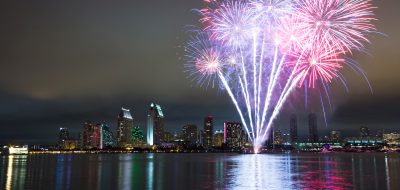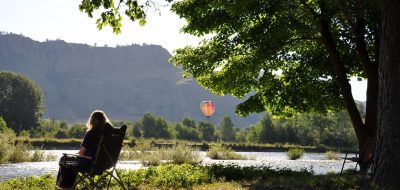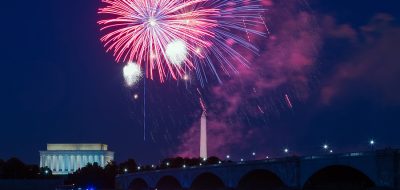The traditions of parades, cookouts, and fireworks help us celebrate the summer season and are synonymous with the celebration of Independence Day. Before your family celebrates, make sure everyone knows about fireworks safety.
Fireworks can turn a joyful celebration into a painful memory when children and adults are injured or killed while using fireworks. Although legal consumer fireworks can be relatively safe when used responsibly, all fireworks, by their nature, are hazardous and can cause injuries.
The U.S Consumer Product Safety Commission (CPSA) reports that in the month around the July 4th holiday, an average of 200 people per day visit the emergency room with fireworks-related injuries .
CPSC reports eight nonoccupational fireworks-related deaths occurring in six incidents during 2013. Fireworks were involved in an estimated 11,400 injuries treated in U.S. hospital emergency departments during the 2013 calendar year. Children younger than 15 years of age accounted for approximately 40 percent of the estimated 2013 injuries. More than half of the estimated emergency department-treated, fireworks-related injuries were to individuals younger than 20 years of age.
Remember, fireworks can be dangerous, causing serious burn and eye injuries. For a safe and enjoyable summer season, follow these firework safety tips:
- ALWAYS have an adult supervise fireworks activities.
- NEVER allow young children to play with or ignite fireworks.
- Older children should be permitted to use fireworks only under close adult supervision. DO NOT allow any running or horseplay.
- Sparklers burn at temperatures of about 2,000 degrees—hot enough to melt some metals—and should be NEVER be handled by young children.
- Fireworks should only be used outdoors in a clear area, away from houses, dry leaves, or grass and other flammable materials.
- Know your fireworks. Read the caution label before igniting.
- Alcohol and fireworks DO NOT mix.
- NEVER place any part of your body directly over a fireworks device when lighting the fuse. Back up to a safe distance immediately after lighting fireworks.
- NEVER try to re-light or pick up fireworks that have not ignited fully. Soak them with water and throw them away.
- NEVER point or throw fireworks at another person.
- Keep a fully stocked basic first aid kit nearby in case of emergency.
- Keep a bucket of water or a garden hose nearby for emergencies and in case of fire.
- Light fireworks one at a time, then move back quickly.
- Observe all local laws. Make sure fireworks are legal in your state or local area before buying or using them. Fireworks are prohibited on most local, state, and national recreation lands including U.S. Army Corps of Engineers campsites and day use facilities.





